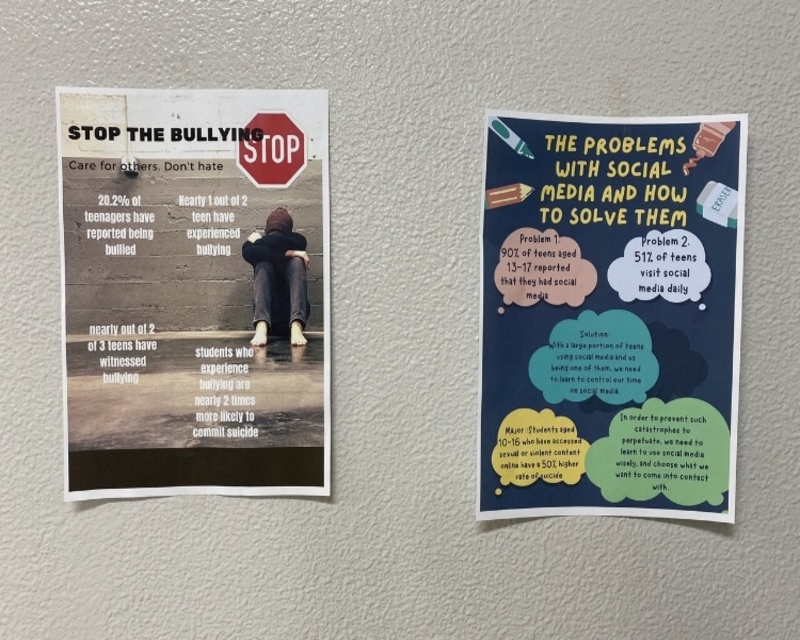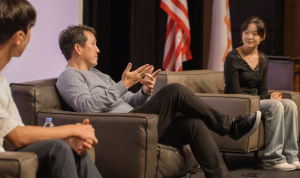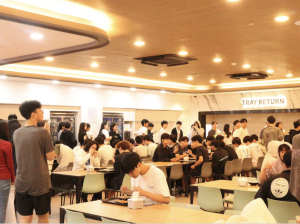Middle school kicks off second semester with new after school programs
Jan 27, 2022
For the first eight weeks of the second semester, the middle school is offering various after-school programs for any interested student. These programs started on Jan. 12 and took place online for two weeks before transitioning to in-person meetings. New courses this year include Digital Citizenship and Media Ethics led by Jared Rock and Jack Lee (11) and Korean Folk Painting led by Min Hye-yong, the head of marketing and communications at SIS.
“I am listening to the Digital Citizenship and Media Ethics program this winter,” William Park (8) said. “Activities and classwork give me the ability to understand and enjoy something. I feel that staying after-school to do activities is fascinating and fun. Even though it also means that I am spending time on after-school activities instead of completing school assignments, being able to learn and understand new subjects is still worth my time.”
With the introduction of new classes, such as Korean Folk Painting, more students joined to learn and explore the history and culture of Korea’s folk art, a topic seldom discussed at school. The Painting program is divided into two sections. For the first half of the program, students will learn about the art history of Korean folk painting, and the remaining half will be devoted to learning basic traditional Korean painting techniques.
“I think my class is special because we are in Korea, and our campus is composed mostly of Koreans,” Ms. Min, supervisor of the Korean folk painting program, said. “This class will teach students about our own culture and history, and I think it is a great chance for me as someone who has exposure to both art and culture. As someone who could help to shape the culture of SIS, I am happy to include students in my class.”
The media ethics program will introduce students to campaign activities preventing cyber-bullying and make digital posters that raise awareness of contemporary society’s issues with social media. Later, students will learn ways to become responsible digital citizens by creating short videos proposing solutions to today’s media problems.
“The course teaches students to stop and think about common issues with social media from an ethical perspective,” Mr. Rock, advisor of the media ethics course, said. “Ethical decision making may be tough in an abstract sense but is also interesting and readily applicable. I also believe that the class is more academic as it brings students together and encourages academic discussions and activities.”







